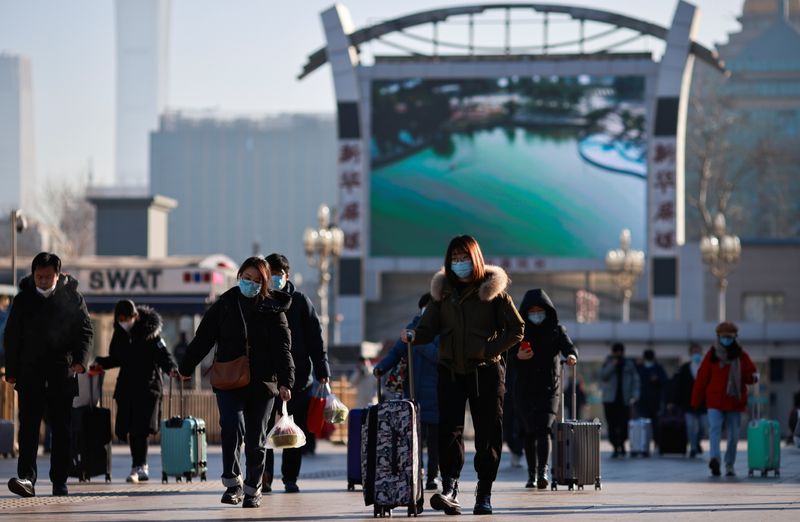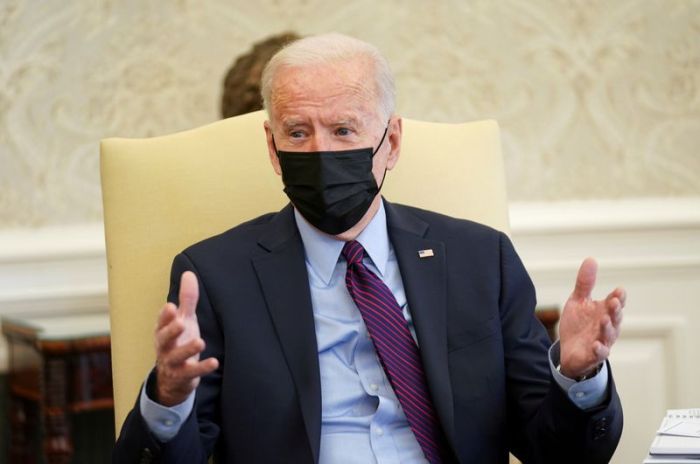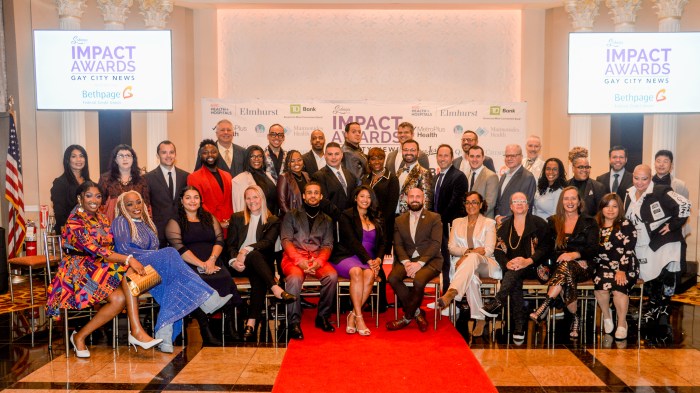(Reuters) – AstraZeneca’s COVID-19 vaccine is safe and effective and should be deployed widely, including in countries where the South African variant of the coronavirus may reduce its efficacy, a World Health Organization panel said on Wednesday.
DEATHS AND INFECTIONS * Eikon users, see COVID-19: MacroVitals https://apac1.apps.cp.thomsonreuters.com/cms/?navid=1592404098 for a case tracker and summary of news.
EUROPE
* Germany will extend restrictions to curb the spread of the coronavirus until March 7, though schools and hair salons may open sooner.
* Europe’s medicines regulator said it has so far not received any application seeking approval for the Sputnik V COVID-19 vaccine developed by Russia’s Gamaleya institute.
* Ukraine has formally banned registration of Russian-designed vaccines against coronavirus.
* Spain said people under the age of 55 without major health complications who have previously contracted the coronavirus will have to wait six months from their diagnosis before receiving a vaccine.
* The share of people infected with the more contagious coronavirus variant first identified in Britain is on the rise in Denmark, authorities reported.
ASIA-PACIFIC
* Indian Prime Minister Narendra Modi said he has assured his Canadian counterpart Justin Trudeau that India would do its best to supply Canada with vaccines to fight the pandemic.
* China called on the United States to invite the World Health Organization to investigate origins of the COVID-19 outbreak there, as sparring over the pandemic continued after the WHO wrapped up its field work in the Chinese city of Wuhan.
* Hong Kong will ease strict restrictions from Feb. 18, re-opening sports and entertainment facilities and extending dining hours.
* South Korea said it would grant its first approval for a coronavirus vaccine to AstraZeneca, and will allow its use in people 65 years or older.
AMERICAS
* New York state will allow large stadiums and arenas to reopen for sports and concerts later this month, with sharply limited capacity and other restrictions.
* Chicago teachers voted in favour of approving a tentative COVID-19 safety plan to allow the third-largest U.S. public school system to gradually resume in-person classes for students who have been out of school buildings for almost a year.
* China’s CanSino Biologics Inc said its COVID-19 vaccine was approved in Mexico for emergency use for people of 18 years of age or older.
MIDDLE EAST AND AFRICA
* South Africa’s health minister said the government may sell doses of AstraZeneca’s COVID-19 vaccine it may not need or swap for a different vaccine, as it scrambles to start inoculating its citizens with an alternative U.S. shot next week.
* Pfizer said it could deliver its COVID-19 vaccine, which requires ultra-cold temperatures for storage and distribution, directly to points of vaccination in South Africa.
MEDICAL DEVELOPMENTS
* Making sure a mask fits snugly on the face and use of two masks is likely to significantly reduce a person’s exposure to the coronavirus, laboratory experiments described by U.S. health officials showed.
* Teva Pharmaceutical Industries is in talks with COVID-19 vaccine makers to co-produce some shots, Chief Executive Kare Schultz told Reuters.
* Eli Lilly’s combination antibody therapy to fight COVID-19 has been granted emergency use authorization by the U.S. Food and Drug Administration.
ECONOMIC IMPACT
* World shares rose slightly and were on track for an eighth day of gains, while U.S. Treasury yields tumbled as U.S. data showed inflation stayed benign in January. [MKTS/GLOB]
* Brazilian retail sales slumped 6.1% in December, the biggest fall for that particular month and the second largest of all since comparable records began more than 20 years ago.
(Compiled by Aditya Soni and Anita Kobylinska; Editing by Giles Elgood and Anil D’Silva)























